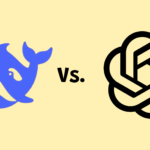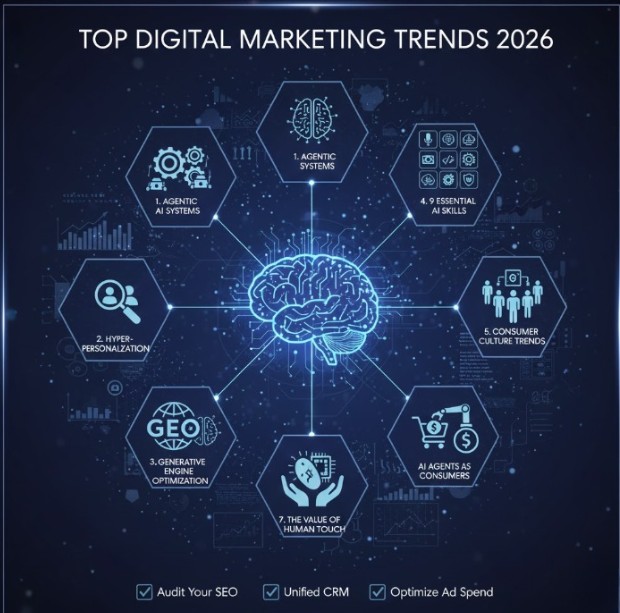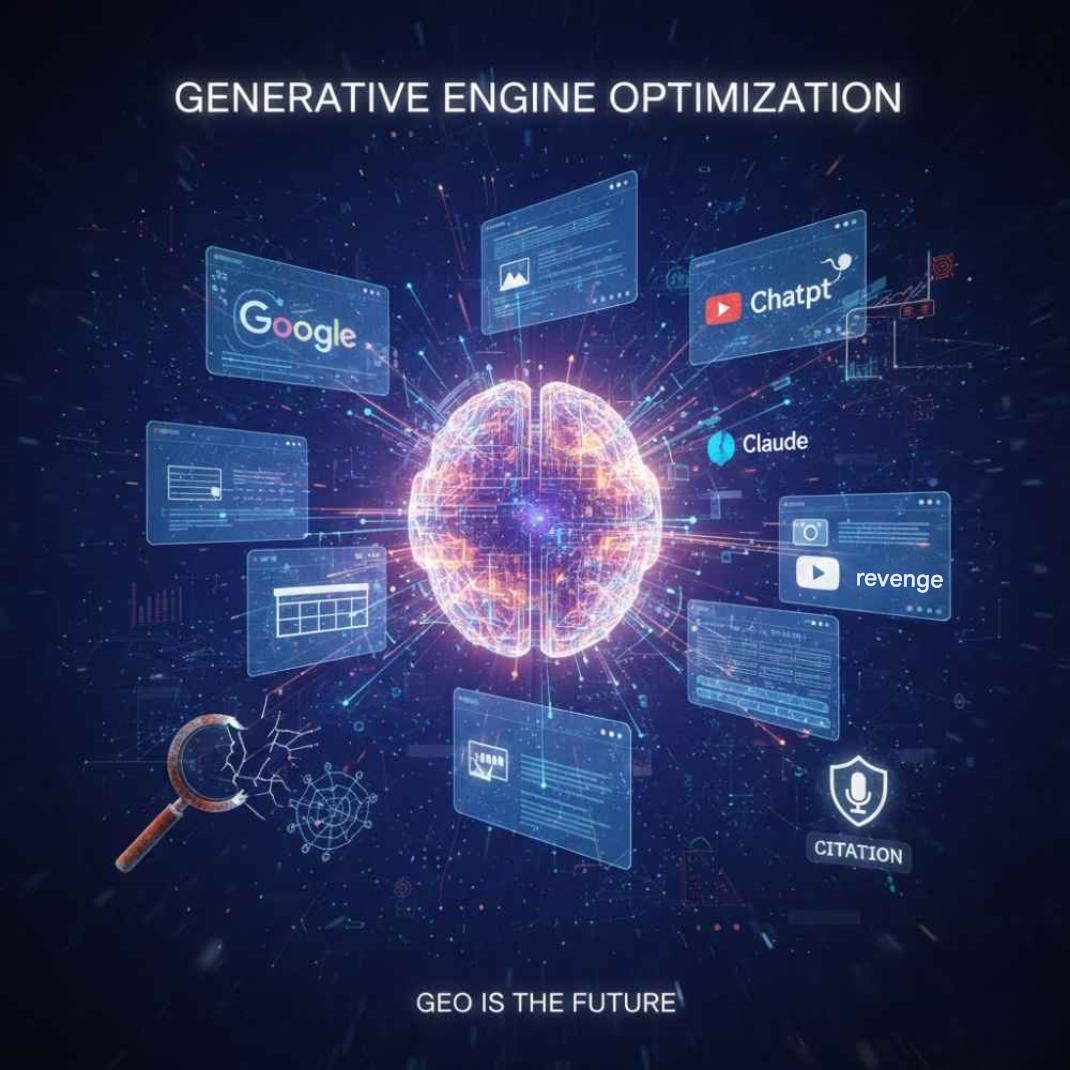Blockchain technology, first created as the decentralized ledger for Bitcoin transactions, is now a powerful force set to revolutionize our global economy and daily lives. The name itself perfectly describes its structure: a chain of blocks of transactions linked together. This system has evolved far beyond cryptocurrency to become a fundamental technology for security and efficiency across numerous industries. Here, we will discuss various aspects of Global Blockchain technologies.

What is Blockchain Technology?
A blockchain is a type of Distributed Ledger Technology (DLT). This means the ledger, or transaction record, is not stored in one central location. Instead, copies of the database are distributed across a vast network of computers, called nodes.
What makes it secure?
Decentralization
The ledger is decentralized, meaning no single entity controls the data. This eliminates a single point of failure that hackers could target.
Immutability
Transactions are grouped into a “block,” which is time-stamped and cryptographically linked to the previous block. Once a block is verified by the network, it is “sealed.” Changing the data in that block is nearly impossible because it would require altering every subsequent block across every node in the network.
Transparency
While personal identities are hidden, the transactions themselves are public. This means all movements of value can be traced back to their origin, which is key for auditing and preventing illegal activities. Blockchain technology has firmly established itself as a legitimate disruptor across diverse range of industries. It has moved far beyond its origins in cryptocurrencies. Its inherent design, characterized by decentralization, immutability, and transparency, is what makes it a powerhouse for enhanced security, efficiency, and trust.
The widespread adoption is evident in the finance sector, where a staggering 90% of US and European banks are actively exploring blockchain options. The global market size for this technology underscores its massive potential, having reached nearly $3.68 billion and projected to expand dramatically by 82.4% from 2021–2028 to an impressive $394 billion. This trajectory confirms its status as a highly emerging and vital technology within the IT landscape.
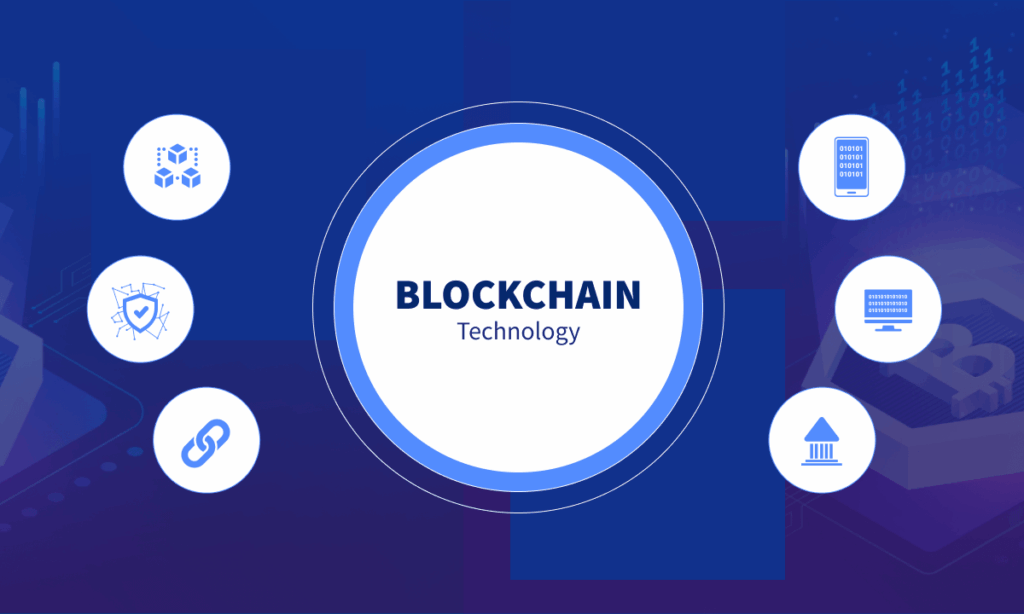
Blockchain: Disruptive Force in Enhanced Security and Beyond
Blockchain technology has firmly established itself as a legitimate disruptor across a diverse range of industries. It has moved far beyond its origins in cryptocurrencies. Its inherent design, characterized by decentralization, immutability, and transparency, is what makes it a powerhouse for enhanced security, efficiency, and trust.
Blockchain has turned into a legitimate disruptor in several industries. The technology is so popular that 90% of US and European banks are exploring blockchain options. It can revolutionize government, economy, insurance, finance, and personal identity security, including many other industries. The global blockchain technologies market size has reached almost $3.68 billion, and is expected to expand by 82.4 from 2021-28 to $394 billion. It has emerged as a highly emerging technology in the IT field.
Revolutionizing Industries and Market Players
Blockchain’s revolutionary impact is set to transform sectors such as government, economy, insurance, finance, and personal identity security. Companies large and small are leveraging this technology to streamline major operations, aiming to reduce costs, enhance processes, track customer data, ensure product safety, and prevent fraud and counterfeiting. The ecosystem is supported by a robust list of key players.
The established giants like IBM Corporation and Microsoft Corporation, alongside specialized firms such as Digital Asset Holdings, LLC, Ripple, and Deloitte Touche Tohmatsu Limited. These leaders, along with others like Linux Foundation, Global Arena Holding, Inc. (GAHI), and Monax, are driving innovation in the application layers, which encompass Exchanges & Payments, Smart Contracts, Digital Identity, and Supply Chain Management. The end-use cases span diverse segments, from Financial Services and Government to Healthcare, Retail, and Transportation & Logistics.

Key Players in Blockchain Technology Market
- IBM Corporation
- Microsoft Corporation
- Linux Foundation
- Digital Asset Holdings, LLC
- Global Arena Holding, Inc. (GAHI)
- BTL Group Ltd.
- Chain, Inc.
- Circle Internet Financial Limited
- Deloitte Touche Tohmatsu Limited
- Monax
- Ripple
Application of Blockchain Technology
- Application & Solution
- Infrastructure & Protocols
- Middleware
- Digital Identity
- Exchanges & Payments
- Smart Contracts
- Supply Chain Management and others
End the use of Blockchain Technologies
- Financial Services
- Government
- Media & Entertainment
- Healthcare
- Retail
- Transportation & Logistics
- Travel and others
Comparison of Key Trends (2021 to Today)
| Trend | 2021 Focus (Foundational) | Today’s Focus (Evolved/Latest Feature) |
| BaaS | Cloud hosting for fast app development. | Hybrid Blockchains & Enterprise Solutions for complex, customizable needs. |
| DeFi | Decentralized Lending, Borrowing, and DEXs. | Tokenization of Real-World Assets (RWAs) and integration with TradFi. |
| NFT | Digital art and collectibles. | Utility, Identity, and Fractional Ownership of real-world assets (Real Estate, Stocks). |
| CBDC | Exploration and government interest. | Pilot Programs and Coexistence Models with private stablecoins. |
| New | Not a primary focus | Interoperability (Layer 2 & Bridges), AI Integration, Green Blockchain, ZK-Proofs. |
Global blockchain companies are relentlessly working on new and unique techniques to apply the technology optimally, leading to five dominant trends that are defining its future. The first is BaaS (Blockchain-as-a-Service), which offers a third-party, cloud-based creation and management network for businesses. This accelerates application development, lowers maintenance costs, and facilitates the rapid adoption of blockchain solutions. The second key trend focuses on identity security: VC & SSI (Verifiable Credential & Self-Sovereign Identity). This offers globally resolving, privacy-preserved, and verifiable credentials that individuals can store and manage securely on their devices for personal identification purposes, such as accessing bank accounts or healthcare services.
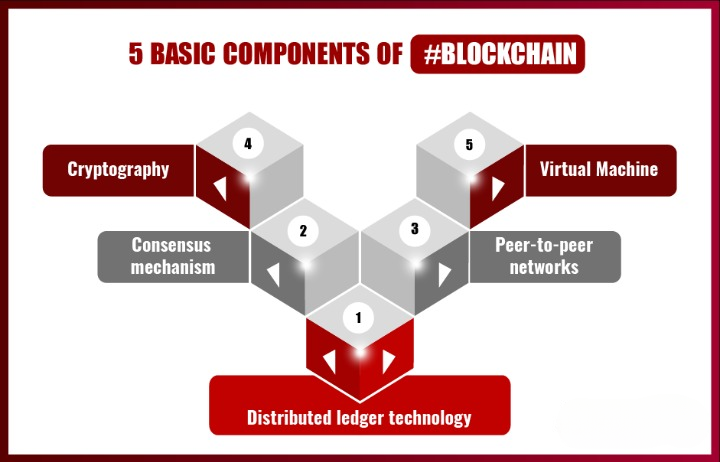
Further disrupting the financial world is DeFi (Decentralized Finance), which fundamentally shifts away from traditional, centralized financial systems like banks and brokerages to smart contracts executed on a blockchain. Another trend, NFT (Non-Fungible Tokens), utilizes specialized cryptographic tokens to link unique digital assets, which are particularly relevant for artists, content creators, and gaming companies, ensuring a new dimension of crypto adoption where digital scarcity is guaranteed.
Finally, the emergence of CBDC (Central Bank Digital Currency), a digitalized central bank money based on blockchain, marks a pivotal step where governments themselves introduce a legal tender digital currency, demonstrating the technology’s move into state-backed finance. These global blockchain technologies collectively illustrate how blockchain is evolving from a foundational technology to a comprehensive suite of solutions for the modern, digital world.






